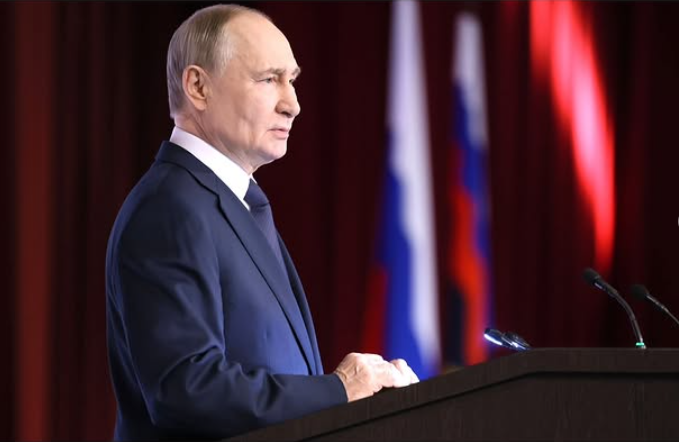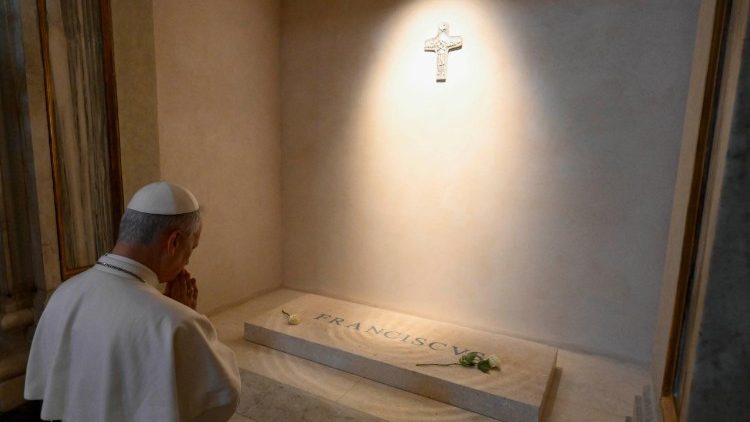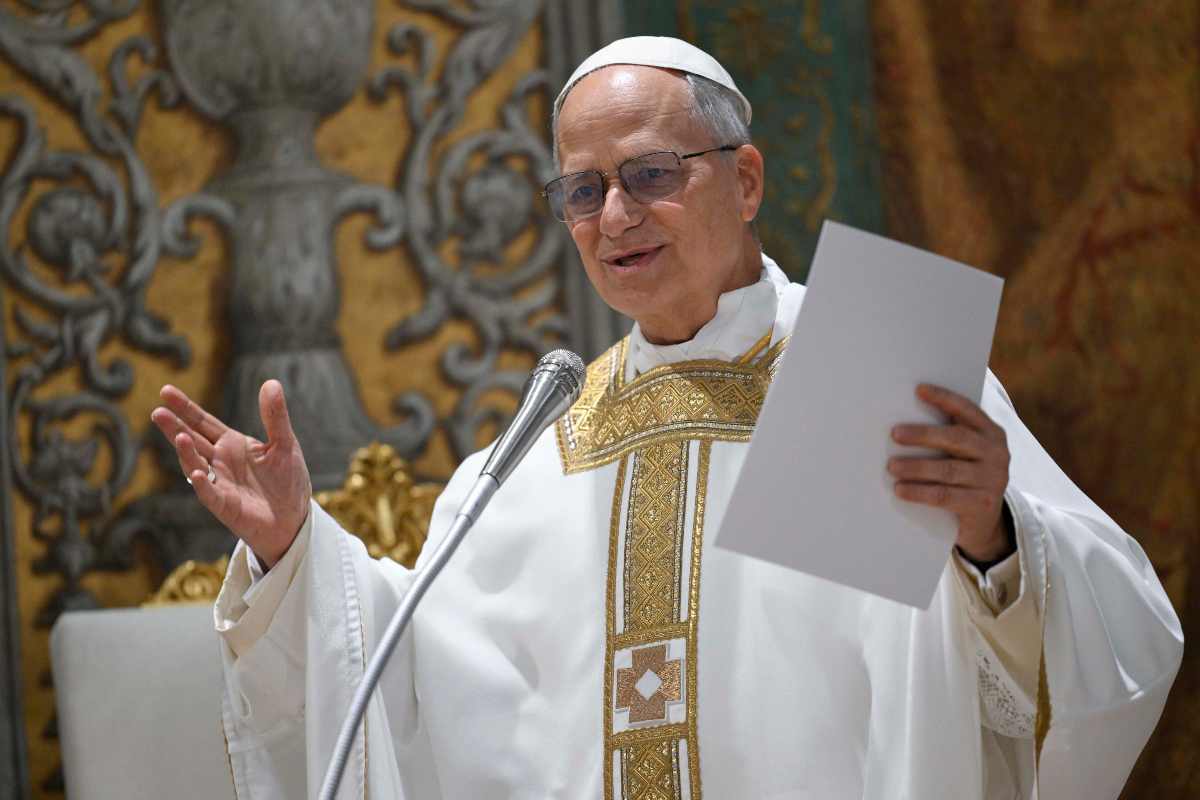[ad_1]
NEW YORK (Reuters) – Argentina will not increase defense spending, despite the loss of a submarine with 44 crew aboard that has sparked criticism of the state of its armed forces, a close ally of President Mauricio Macri said on Friday.
Argentina has given up hope of rescuing the crew of the ARA San Juan, which disappeared over two weeks ago in the South Atlantic. The tragedy underscored what some critics have described as the parlous state of the country’s military, which has faced dwindling resources for years.
There were no plans to provide extra funding for the armed forces, said Esteban Bullrich, a former education minister under Macri who is now a senator representing Argentina’s powerful Buenos Aires province.
“We have to work within the constraints of our (budget) policy in general, we’re not going to go out of our plan because of this incident,” Bullrich told Reuters in an interview in New York.
There will be no change in Argentina’s 2018 budget allocation for defense, he said.
Defense spending in the budget is lower than in the previous year in real terms. It is the lowest in the region compared to gross domestic product, and the government has limited room for maneuver.
Since Macri took power in 2015, the country has returned to international debt markets but investment has been slower than the government had hoped.
Bullrich was in New York to attend a United Nations event and meet with investors, as part of the government’s charm offensive to convince them that Argentina is open for business after over a decade of protectionist rule.
October’s congressional elections – which saw sweeping victories for Macri allies like Bullrich – were a sign to investors that Argentines want change, he said. The vote was widely seen as a referendum on Macri’s government.
His market-oriented changes have not all been popular. But government supporters say they are starting to benefit Latin America’s third largest economy.
Although Macri’s coalition does not have a congressional majority, Bullrich said he believed that opposition politicians were ready to work with the government.
“We can pass (reforms) even with a minority, because senators realize this, we had huge support from Argentinians in general,” he said.
Bullrich expressed confidence that key Macri legislation on pensions, tax, and capital markets – as well as the 2018 budget – could be voted on before the end of 2017.
“Yes it is (tight). But the thing is a lot of these reforms have been discussed in advance, and we’re very open to changes,” he said.
Reporting by Rosalba O’Brien and Cassandra Garrison in New York; Editing by Tom Brown
[ad_2]
Source link






Leave a Reply